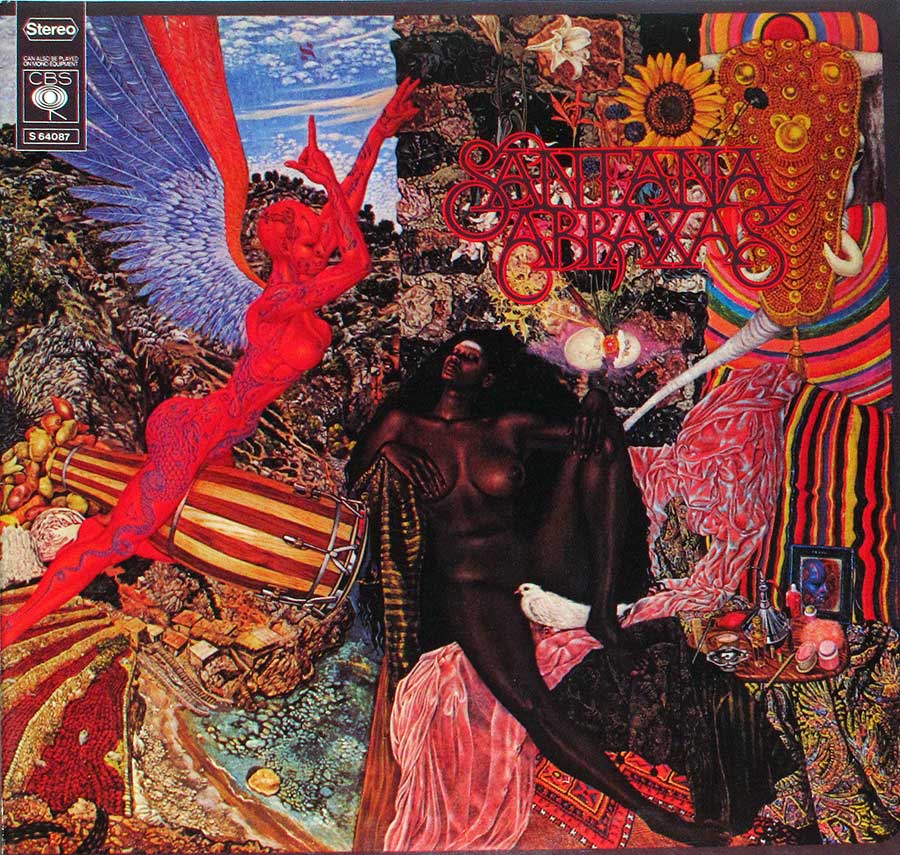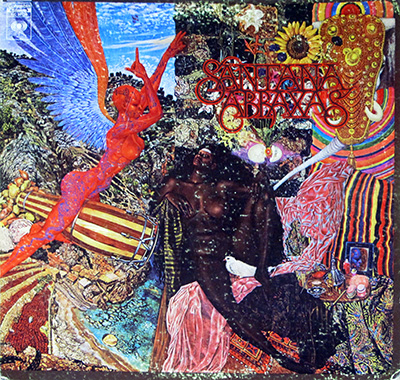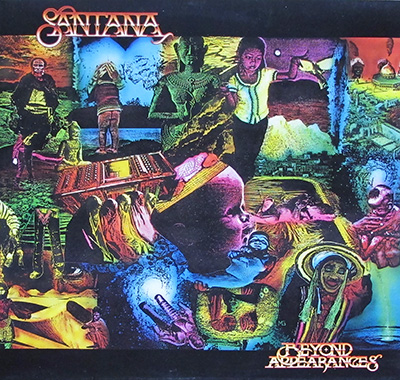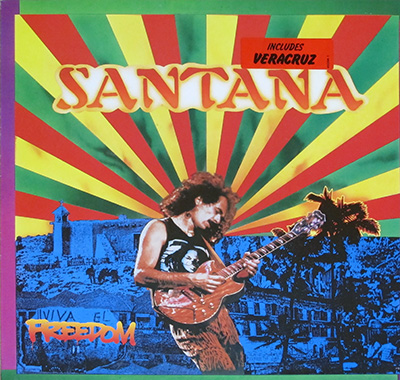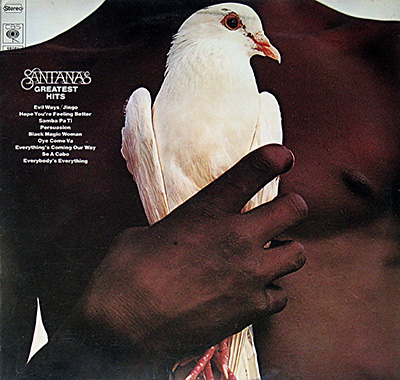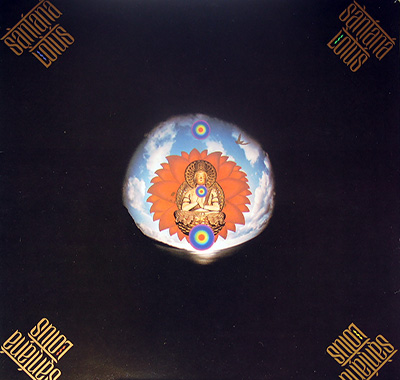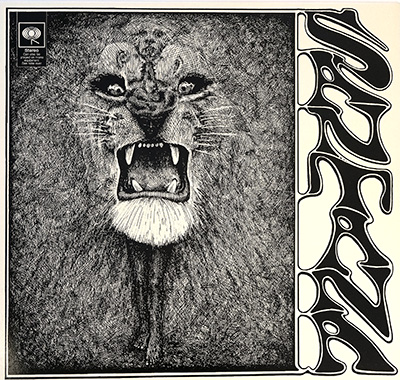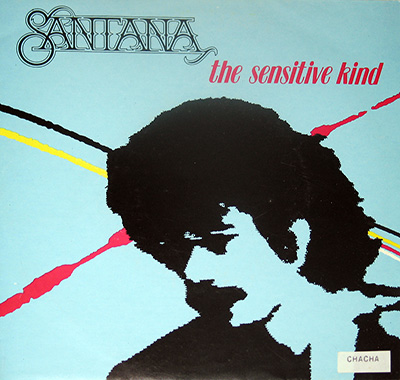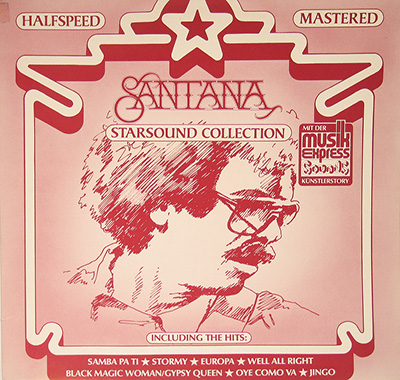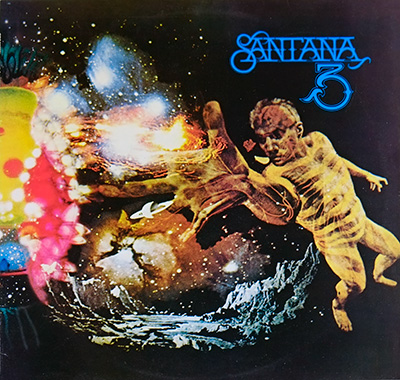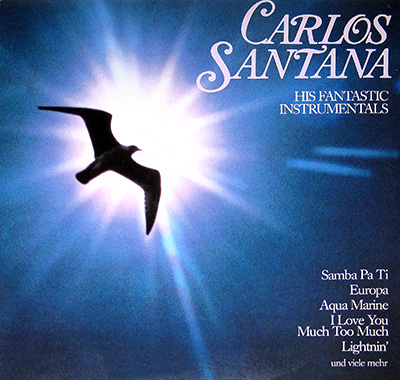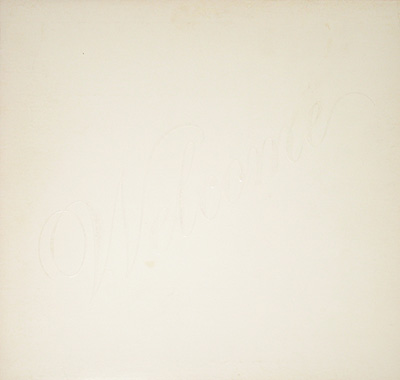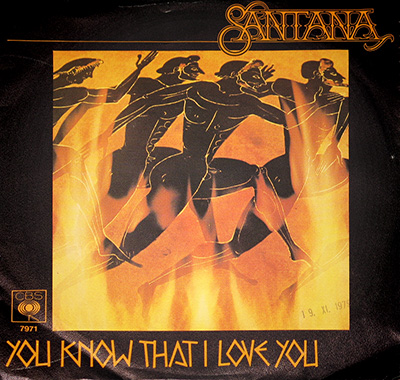"Abraxas" Album Description:
In the vibrant landscape of musical history, Santana's 'Abraxas' stands as a timeless gem that encapsulates the fusion of rock, blues, and Latin influences. Released in 1970, this iconic album, particularly in its Dutch release, serves as a musical testament to Santana's prowess and the spirit of the era.
The year 1970 marked a significant period in the global music scene. The late 1960s had witnessed a cultural revolution, and the early '70s were a continuation of that transformative spirit. As societal norms were challenged, music became a powerful medium for expression, rebellion, and artistic innovation. Santana, with its distinctive blend of genres, emerged as a trailblazer during this era.
The Dutch release of 'Abraxas' adds a unique dimension to the album's narrative. In the realm of vinyl records, the gatefold cover of the 12" LP is not merely a protective casing but a visual and tactile extension of the musical experience. The design, artwork, and overall presentation of the cover are intrinsic components that contribute to the collector's delight.
The gatefold cover of Santana's 'Abraxas' (1970, Holland) serves as a portal to a sonic journey. As one unfolds this musical treasure, the cover art becomes a visual prelude to the auditory exploration that awaits within. The intricate details of the design, combined with the inherent warmth of vinyl, create a multisensory encounter that transcends the temporal confines.
The production quality of the Dutch release is noteworthy. Vinyl enthusiasts often attest to the unique character and warmth that analog recordings bring to the listening experience. In the context of 'Abraxas,' the analog format becomes a canvas, preserving the nuances of Santana's early sound. The bluesy guitar riffs, the rhythmic Latin beats, and the soulful vocals are all etched into the grooves of the vinyl, ensuring an authentic representation of the band's musical evolution.
Furthermore, the Holland release of 'Abraxas' reflects the international appeal and influence of Santana during this period. As music transcends borders, the Dutch edition of the album becomes a tangible manifestation of the global embrace of Santana's eclectic sound. It speaks to the universality of music and its power to connect people across geographical and cultural boundaries.
About Abraxas Album Front Cover:
The iconic album cover for Santana's 1970 masterpiece, "Abraxas," was designed by the German-French artist Mati Klarwein. Klarwein, a prolific and visionary artist, was known for his vibrant, psychedelic style, which often incorporated elements of Surrealism, Cubism, and Eastern mysticism.
The image is based on Klarwein's painting "Annunciation," which he created in 1961. Santana reportedly saw a reproduction of the painting in a magazine and was immediately drawn to its powerful and evocative imagery. He contacted Klarwein and asked him to use the painting as the cover for his new album.
Klarwein was initially hesitant, as he felt that the painting was too personal to be reproduced on a mass-produced album cover. However, he was persuaded by Santana's passion for the music and his belief that the painting would perfectly capture the album's spirit.
The "Abraxas" cover is widely considered to be one of the most iconic album covers in rock history. It has been featured in numerous books and magazines, and it has been imitated and parodied countless times. The image is instantly recognizable and has become a symbol of the era in which it was created.
The model for the "Annunciation" painting, upon which the Santana "Abraxas" album cover is based, is not known. Mati Klarwein, the artist who created the painting, has never publicly revealed the identity of the model.
